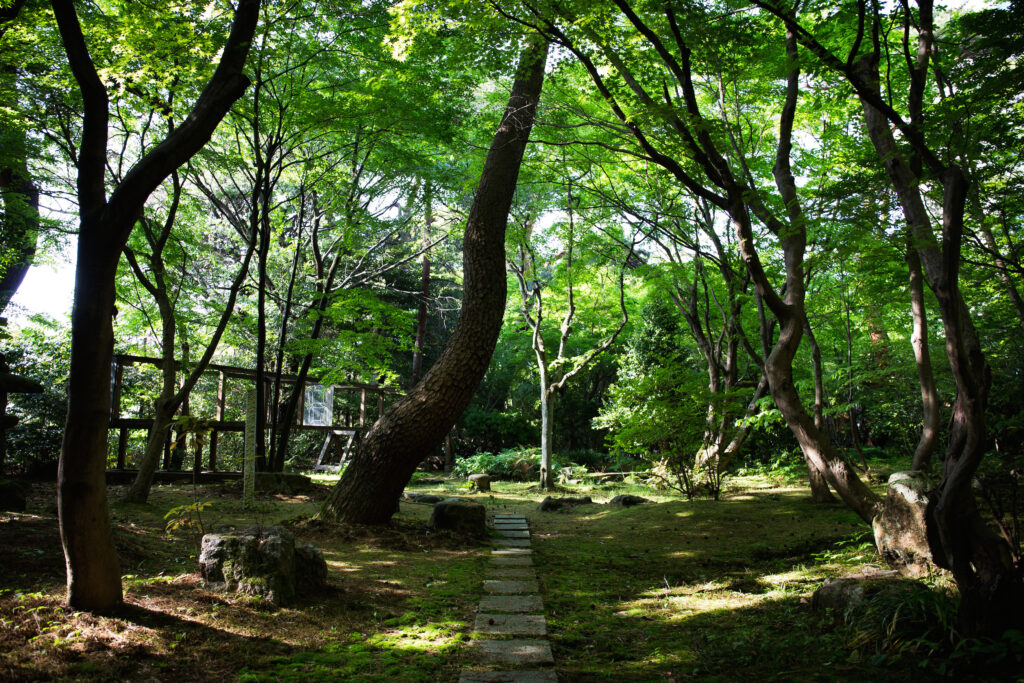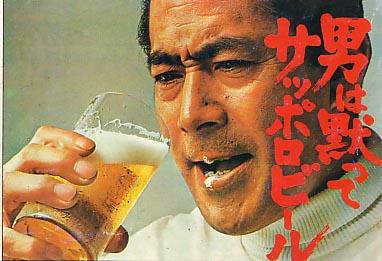4.1 Different generations have different views on the value of silence: Sapporo beer

Something else happens in Japan. When people get together, either in work settings or on social occasions, questions are not asked in a flurry. I’ve discovered this when working in Japan and interviewing all sorts of people. Ask one question. Wait for the answer. Don’t interrupt. Don’t offer an opinion. Don’t agree or disagree. Don’t share an experience from your own life that is similar to that of the person speaking. Just listen. Wait. Sitting in silence creates the opportunity to see the situation from the other person’s perspective. As a result, the mood between you and the other person, how you feel while observing, becomes a focal point. You both have goals in mind, but way before you can get to these, you are establishing silent acceptance of one another. That type of acceptance can make the achievement of the goal inevitable rather than a struggle. It’s more important that the two of you are understood and respected than that one of you achieves more power. Which is what silence offers at its zenith: respect for those around you. (page 121-122)
Sachiko: In this beautiful passage you describe the ideal establishment of mutual acceptance when Japanese people get together in silence. In reality, unfortunately, also in Japan there are many people who do not sit in silence, who do not try to see the situation from the other person’s perspective, or who do not even listen to the story to the end. Yet, as you say, as a matter of fact, in Japan, a good listener is usually more important than a good speaker. In my parents’ generation even more: a good speaker was not regarded as important, and it was common sense that a man should not speak much. In my generation, good speakers gained some importance, however, the virtue was to “shut up and play one’s role properly”, especially for men. Let me give you an example – I am sure that you’ll love it because it links to Toshiro Mifune三船敏郎, who played Rashomon羅生門– I know that you love that movie! That was the first movie that attracted you to Japan, isn’t it?
Scott: It was! I loved how we saw in that movie varying points of view, contradictory ones, that allowed for a full narrative. And you’re right: Mifune was a wild man in that movie!
Sachiko: So, back to the example. In 1970 the Japanese beer company Sapporo Breweries created a commercial ad called “Men, drink Sapporo beer in silence”. Toshiro Mifune was chosen for that advertisement. As you can see the graphic design is extremely simple, there is no logo or even label. The audio of the TV commercial did not feature any word, just music: it was a silent advertisement with only one sentence flowing on the screen: “Men drink Sapporo beer in silence”. This silent ad became a record-breaking hit, most Japanese people in my generation – people who are now in their 50s and above – still remember it very well! Scott, do you think that this kind of silent ad could be popular in the States in the 1970’s?

Scott: Oh, I love that! It’s both funny and smart at the same time. Well, it turns out, as we know, that people are notorious for keeping their emotions under wraps, for avoiding conflict, men and women, and so the idea of sitting with friends and simply enjoying their company without the burden of having to say anything; it has enormous appeal. Silent movies were the medium of film until just about ninety years ago. We conduct most of our affairs, love or business or family, without words. So why not beer? When I get together with a number of friends who are men it’s pretty quiet, but if it’s with women friends, there is more of a conversation. The things that I talk about with women are a little bit deeper, let’s say. The men don’t like to talk about serious things as much. I don’t know why but, the idea of silence while you are drinking beer is natural for men. I mean, if you go to the bar in United States and it’s only men, it’s pretty quiet. I mean, they might be on the phones, saying a few things about sports, about how much money they made or something. Not emotional topics, typically. But, if it’s men and women together, then it’s a conversation in which people are talking about relationships and their emotional lives. Men I know don’t usually do that. It’s changing but it is not typical, that’s for sure in my experience.
Sachiko: Like cowboys.
Scott: Exactly!
Sachiko: Cowboys don’t speak much, correct?
Scott: They’re tough guys.
Sachiko: Tough guys always don’t speak much, all over the world!
Scott: Yeah! But it’s changing a little bit. The sooner the better.





